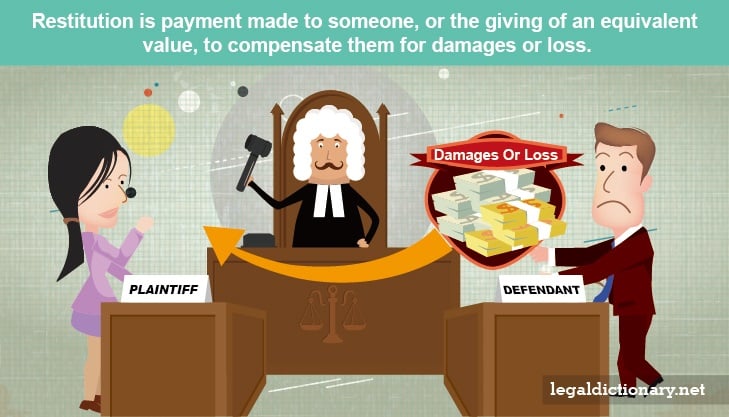
The key difference between blackmail and extortion is the nature of the threats applied against the victim.īlackmail is characterized by threats of revealing socially or financially damaging information about the victim. While blackmail and extortion are sometimes used interchangeably, they are not defined in the same way.
#EXTORTION LEGAL DEFINITION FREE#
What is the Difference Between Extortion and Blackmail?īoth blackmail and extortion are coercive crimes that deprive the victim of their free will through the use of threats, compelling them to act against their own best interests.

#EXTORTION LEGAL DEFINITION CODE#
Code Title 18, Chapter 41 – Extortion and Threats. On the federal level, crime of extortion is created by sections 872, 875, 876, 877, 878, and 880 of the U.S. Punishments for extortion can include a $250,000 fine and up to 25 years in prison. On the state level, extortion is illegal in all 50 states and is usually classified as a Class B felony. In the United States, extortion is criminal at both the state and federal levels. An activist contacts a politician and threatens to target their family unless they enact (or veto) a specific piece of legislation.Įxtortion is a coercive crime that uses a threat to force the target to act against their best interests, usually by relinquishing their property to the perpetrator.The criminal threatens to hurt the employee’s family unless they pay cash or relinquish corporate secrets or data. A cybercriminal meets a private sector employee on a dating site and discovers their home address and place of employment.Instead of conducting an investigation, the officer sends the group a letter threatening to accuse them of a crime and demanding a payment of $50,000 in exchange for his silence. A police officer suspects that individuals in his neighborhood are involved in a criminal enterprise.Let’s look at examples of extortion from each context: What are Examples of Extortion?Įxtortion laws today cover the actions of both private citizens and public officials. The entity may threaten the target with violence, injury, or the disclosure of a secret that would socially, financially, or legally damage the target.



Extortion takes place when an entity (an individual or an organization) attempts to obtain money, property, or other assets from a target using threats or coercion.


 0 kommentar(er)
0 kommentar(er)
